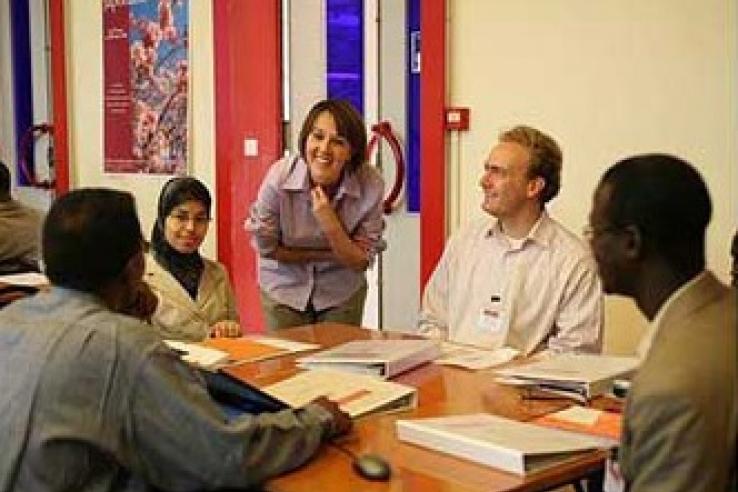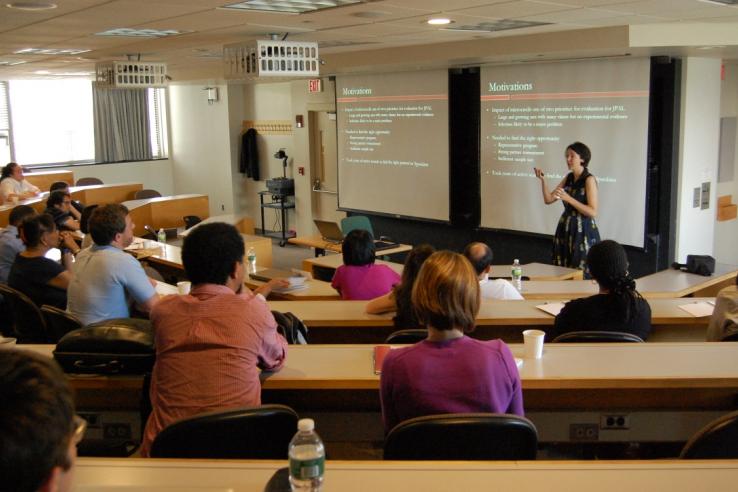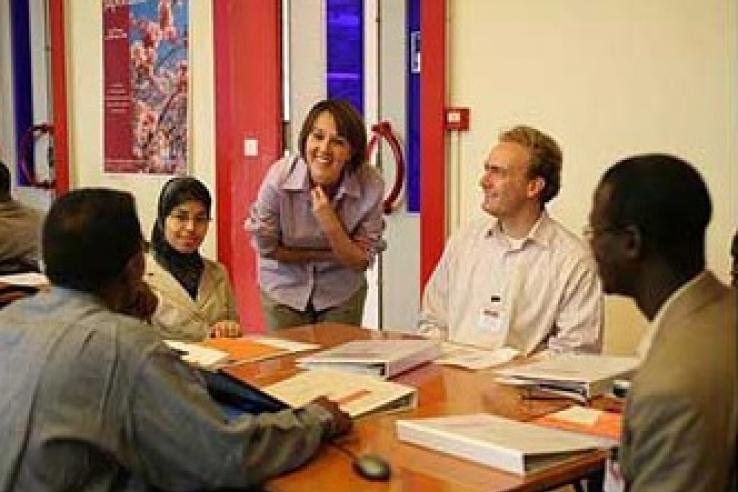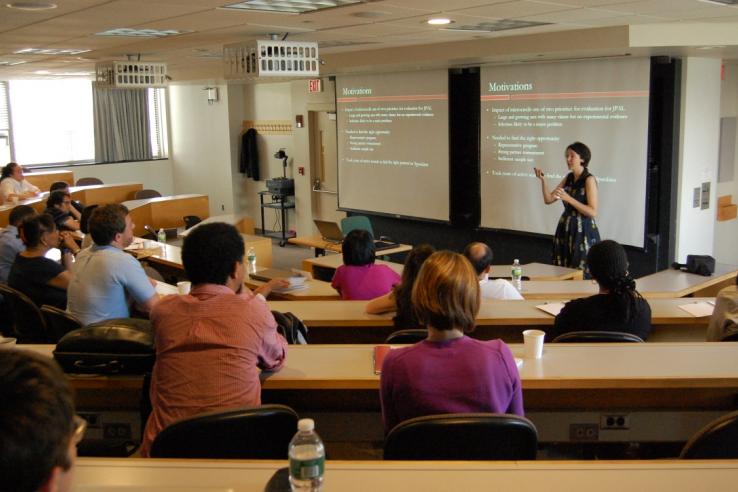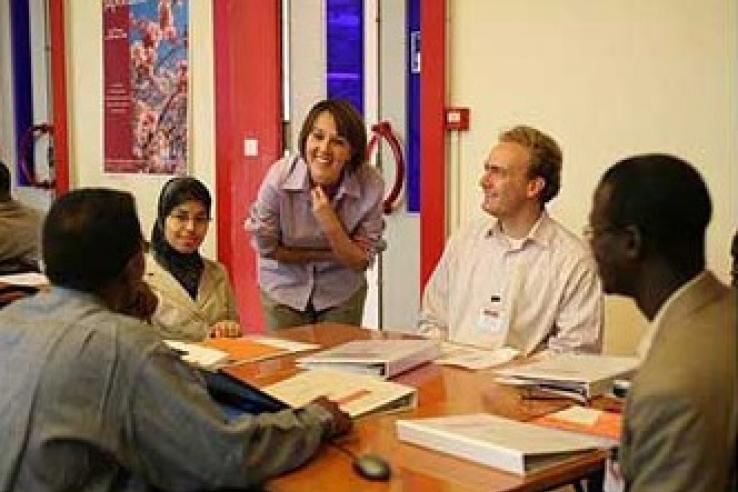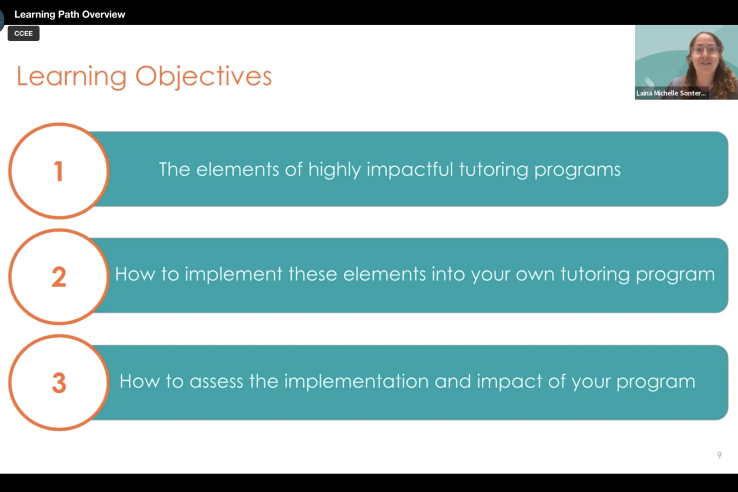Displaying 2881 - 2895 of 8340
Resource
Basic page
Blog
J-PAL North America and the California Collaborative for Educational Excellence (CCEE) created the Implementing Evidence-Based Tutoring for High Impact learning path to give local education agencies and tutoring providers easily accessible information about effective program components and how to...
Initiative Resource
Initiative projects and documents
Event
Você gostaria de conhecer o que dizem as evidências científicas mais recentes sobre programas de Qualificação de Profissional na América Latina? Gostaria de entender quais são os mecanismos apontados pela literatura que impulsionam a renda e a empregabilidade? Inscreva-se no “Webinar sobre Políticas...
Blog
SfPI is part of a broader effort to equip the scientific ecosystem with the capabilities needed to apply the scientific method to itself—to create, in other words, a practice of “metascience.” Under SfPI, J-PAL will apply the methodological approach of randomized evaluation to the practice of...
Resource
Basic page
